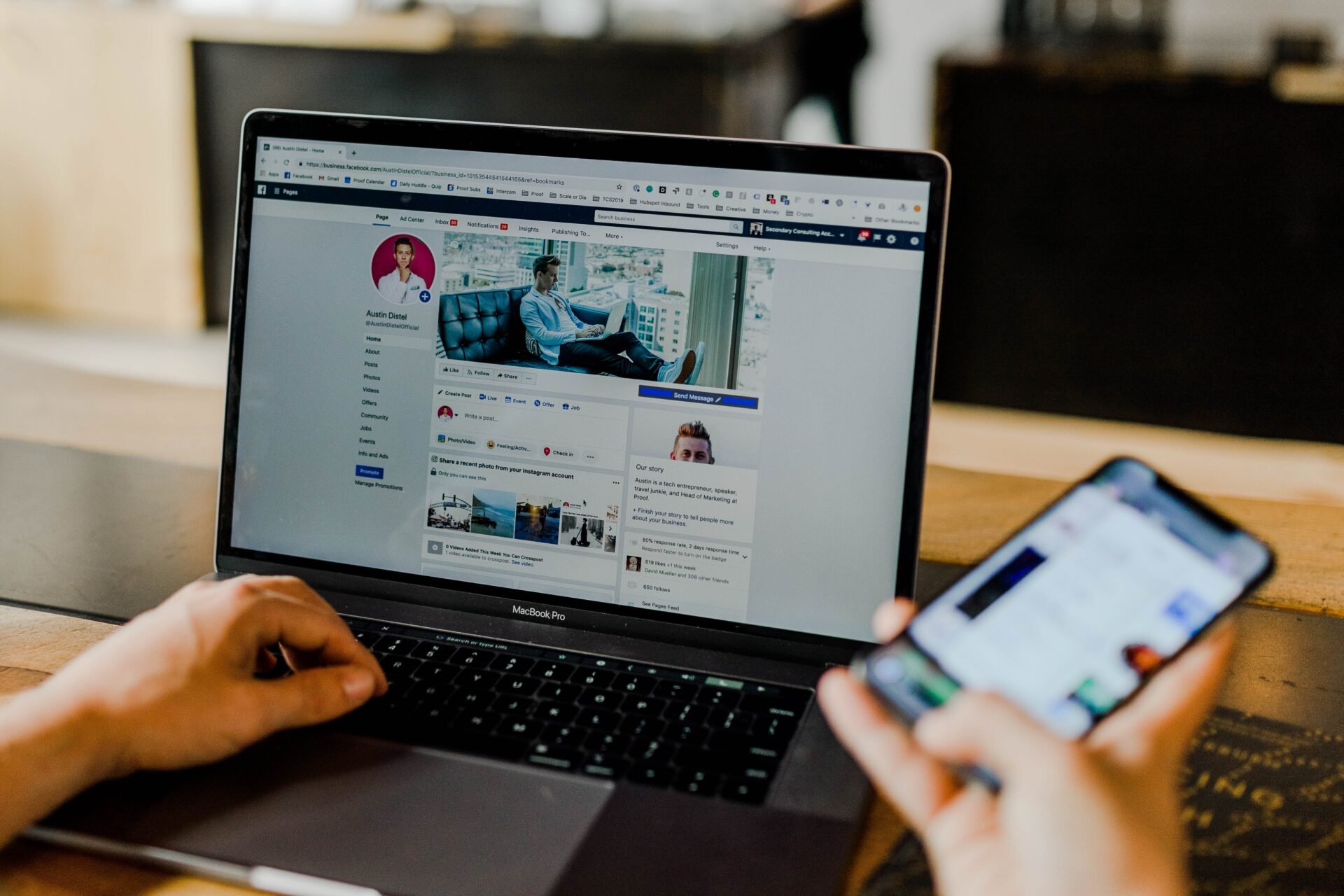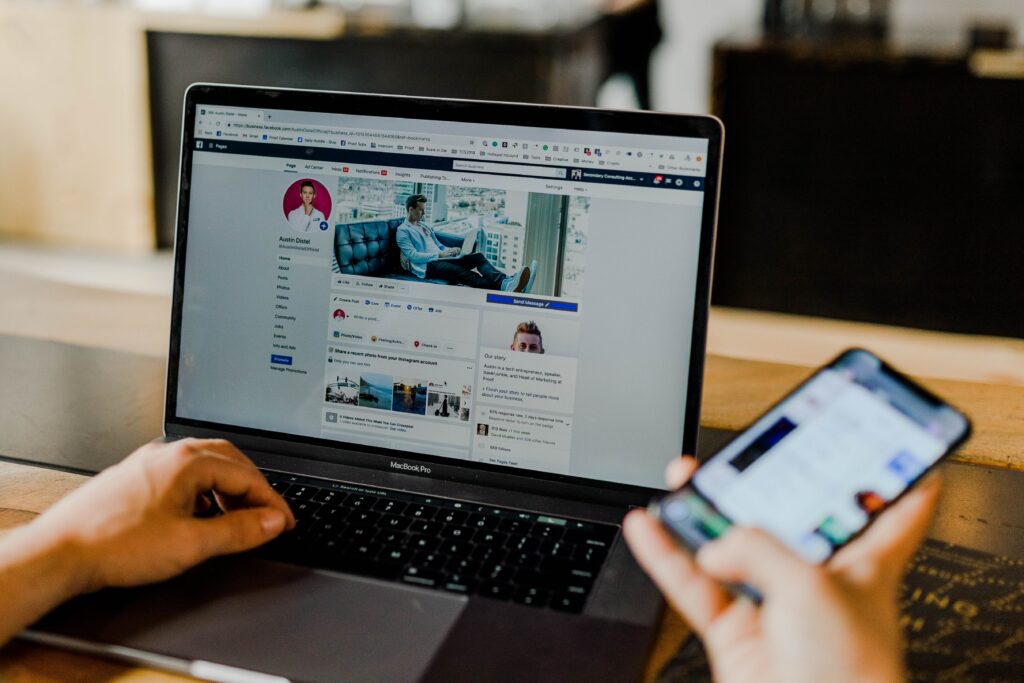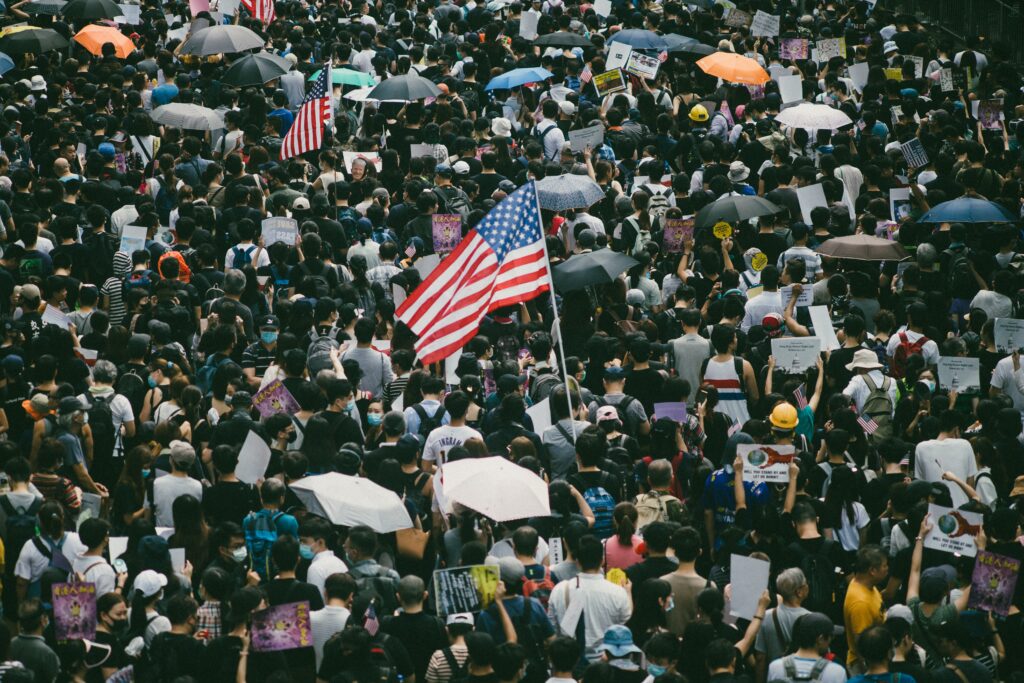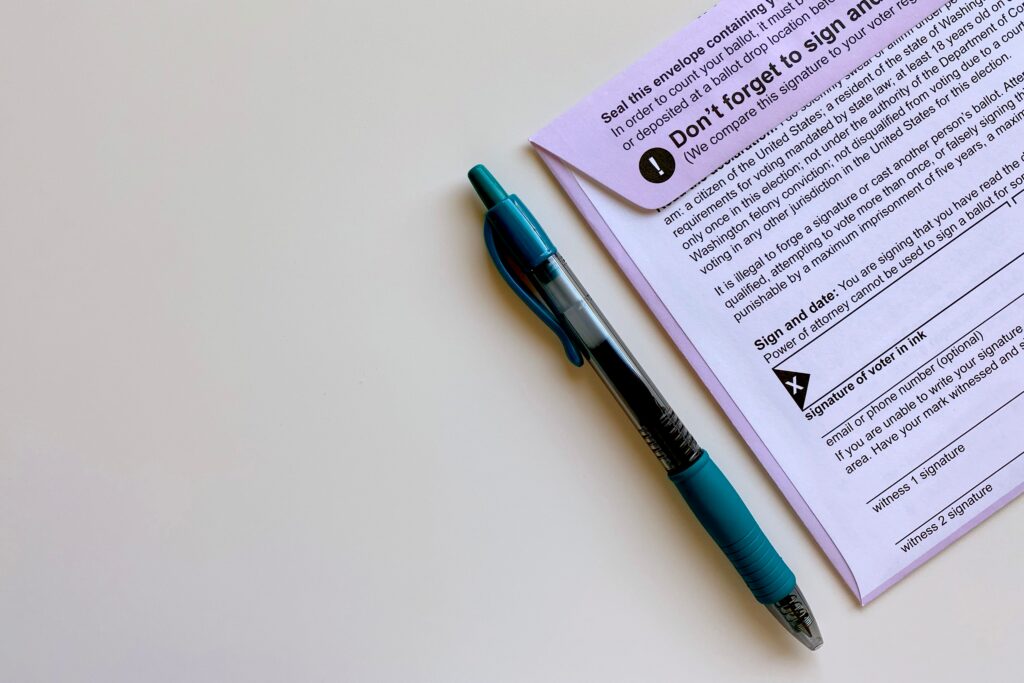Misinformation, disinformation and malicious information are related concepts under the category of information disorders. While each disorder has a unique definition, they all disseminate false and misleading information. Often, that dissemination is designed to manipulate public opinion, disrupt governments and/or attack specific groups of people.
Widespread and targeted false information clearly can have significant impacts on democracy and the democratic process. While it’s crucial for students to learn how to identify these disorders and mitigate their effects, they also must understand the damage done by false information. Reporters and editors sometimes accept false information as an expected byproduct of the digital age and social media. But they need to comprehend how it leads to a lack of trust in institutions and leaders; polarizes people and makes it difficult to find common ground; contributes to unrest and violence; and makes it harder for people living in a democracy to make important, informed decisions about their lives.
Educators must go beyond teaching basic journalistic fact-checking; this is simply a starting point that ideally should be taught to early-career journalists. Today, far more instruction is needed to combat the sophisticated distribution and orchestrated campaigns of lies and propaganda.
Guides & Best Practices
UNESCO
“Journalism, ‘fake news’ and disinformation: A handbook for journalism education and training”
Written by experts in the fight against disinformation, this handbook defines the types of information disorders; examines why trust in professional journalism matters in a democracy; demonstrates how to think critically about the role of digital platforms in the spread of misinformation; shows how to combat false information through media literacy; and provides best practices for fact-checking and verification.
Central Washington University
“A guide to misinformation and fake news”
This guide provides resources and case studies for introductory instruction in defining and recognizing misinformation, evaluating news sources and using best practices in fact-checking. The guide is generally designed for early-career journalists or anyone who may be unfamiliar with misinformation concepts.
PEN America
“Facts forward: A journalist’s guide to combating disinformation”
This guide, included in PenAmerica’s large collection of disinformation resources, is designed to help journalists detect, monitor and report on disinformation, while building trust in their communities.
Wisconsin Watch
“Misinformation, disinformation: A guide to sorting fiction from reality”
Developed by the nonprofit newsroom Wisconsin Watch, this guide is a handy resource for defining genres of false information, psychological concepts dealing with beliefs in misinformation and tips for protecting the value of vetted information.
Election SOS
“First aid kit: Misinformation”
This kit contains a collection of tips, links and resources for journalists covering misinformation and disinformation.
Training
Web Literacy for Student Fact-Checkers
The self-guided Check, Please! Starter Course contains five 30-minute lessons, along with teacher’s notes and accessibility options.
PBS
Misinformation Nation is a collection of educational videos on misinformation and its impact on society is aimed at high school students.
News Literacy Project
Free e-learning platform Checkology has interactive lessons on a variety of subjects, including news media bias, misinformation, conspiratorial thinking and more.
Center for Cooperative Media
The Democracy Infusion Project offers advice, resources and teaching notes on all aspects of false information and its impact on democracy.
Sample Syllabi
Misinformation and Disinformation, Ahmer Arif, University of Texas.
Political Information and Conspiracy Theories, Brendan Nyhan, Dartmouth.
Disinformation and Misinformation in Health Care, John Kramer, University of Florida
Diplomacy Lab: Strategies for Identifying Mis/Disinformation, Bethany McGowan and Matthew Hannah, Purdue University.
Assistance
Here are some highly regarded organizations that can provide additional resources about information disorders and their impact on democracy:
The Center for an Informed Public at the University of Washington provides research updates; current news articles about misinformation; activities, events and learning tools for educators and students; and updates on related laws and policy.
The National Association of Media Literacy Education provides resources to educators and parents on helping young people navigate information on social media.
Data and Society is an independent nonprofit that provides research, podcasts and news about the impact of technology, including artificial intelligence and automation. It runs the Disinformation Action Lab, which is working toward establishing fresh ways to address the complex dynamics underpinning the spread of propaganda and disinformation.
The Network Contagion Research Institute provides research and tools that track misinformation and deception across social media channels.
Shorenstein Center on Media, Politics and Public Policy at the Harvard Kennedy School studies trust and truth issues in democracies around the world.
PolitiFact at the Poynter Institute monitors the veracity of political claims by campaigns and government bodies throughout the U.S. and publishes explanatory fact-checks.
FactCheck.org at the University of Pennsylvania’s Annenberg Public Policy Center monitors and reports on the factual accuracy of political claims in television ads, debates, speeches, interviews and news releases. The organization also hosts SciCheck, which researches and publishes fact checks on the truthfulness of scientific claims.
The Harvard Kennedy School Misinformation Review is a peer-reviewed, scholarly publication that publishes interdisciplinary research on misinformation.
Additional Resources
Cavendish Square
“Fake news and propaganda (dilemmas in democracy)” by Fiona Young-Brown
Book
Brookings Institution
“Misinformation is eroding the public’s confidence in democracy” by Gabriel R. Sanchez and Keesha Middlemass
Commentary
The New York Times
“Teenagers and misinformation: Some starting points for teaching media literacy” by Katherine Schulten
Article




